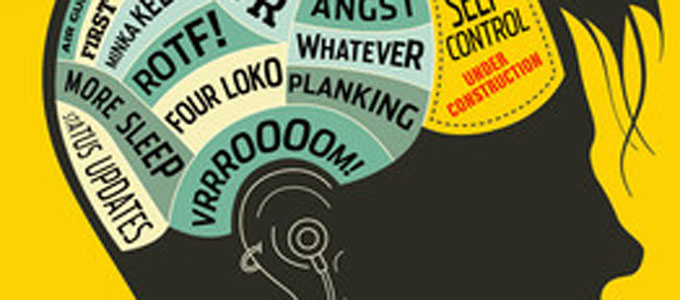As far as pejorative barbs are concerned, the term “bleeding heart” is not particularly insulting. In fact many people who work within activist and social justice circles – liberal or conservative – wear such a distinction like a badge of pride. However, the implication of the term remains. A “bleeding heart” activist or politician is someone regarded as too softhearted to work pragmatically within civic affairs, because they are perceived as too emotional to actively work for the betterment of their cause. However, a recent study at the University of Chicago threatens to undermine the paradigm between social justice work and a presumed predisposition for pathos.
The study, carried out at the Department of Psychology and Center for Cognitive and Social Neuroscience in March of 2014, was created to gauge what happens to a participant’s brain while observing both acts of kindness and acts of cruelty. A group of forty participants were scanned by a functional magnetic resonance imaging device (fMRI) while judging videos of people performing both morally good and morally bad behaviors. The participants were then asked to assign rankings of blame or praise to each video. The forty in the study were further tasked with completing questionnaires the psychologists created to assess cognitive empathy, emotional empathy, and justice sensitivity.
As the psychologists hypothesized participants who had a high justice sensitivity rating were harsher in their rankings while evaluating scenes of harm and more likely to praise someone demonstrating altruism. The brain scan imaging led the scientists to discoveries outside their initial speculation. While being scanned, people who ranked higher for justice sensitivity on their questionnaire displayed more activity than the average participant in their right temporoparietal junction, right dorsolateral and dorsomedial prefrontal cortex; all parts of the brain that process mental state understanding and maintain goal representations.
Or, in the words of lead Psychologist Jean Decety, the Irving B. Harris Professor of Psychology and Psychiatry: “Individuals who are sensitive to justice and fairness do not seem to be emotionally driven. Rather, they are cognitively driven.” The study shows that people with high justice sensitivity use logic, not emotion, to process the world around them. Decety continues by stating “our results provide some of the first evidence for the role of justice sensitivity in enhancing neural processing of moral information in specific components of the brain network involved in moral judgment.”
This study may help put to rest assumptions made about social activism and human rights organizations, namely that their drive for justice is not based solely on sentimentalism. It is important to remember, though, that emotion is not antithetical to reasoning or logic, and that empathy has an important role in the configuration of a person’s “justice sensitivity” overall. Without the ability to recognize humanity within someone else, it is unlikely the work of “bleeding hearts” would even be considered worthwhile, if gotten done at all.
Links:
1: http://www.sciencedaily.com/releases/2014/03/140328102909.htm





